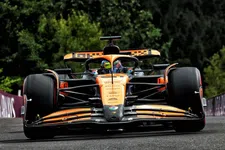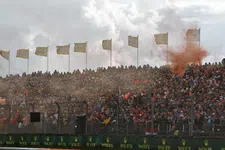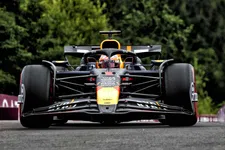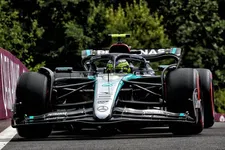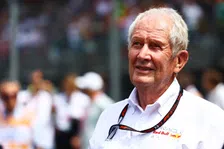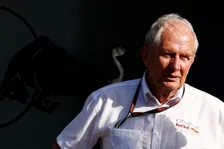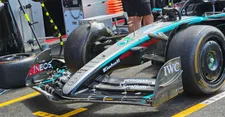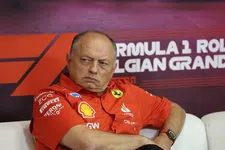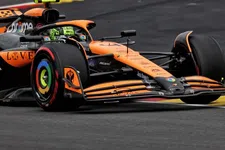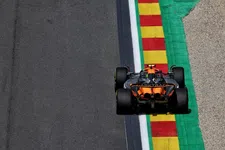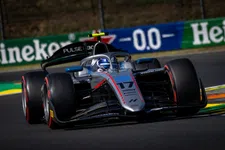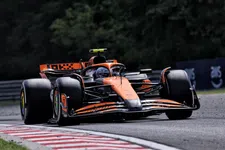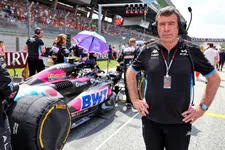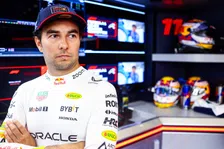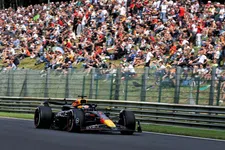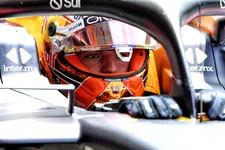Newey: 'We carry everything apart from the radiators'
Red Bull Content Pool
General

The RB20 looks quite different from RB19, but according to top designer Adrian Newey, it is not too bad in practice. Therefore, there is certainly no question of a revolution. From a philosophical point of view, Red Bull has not taken a step into the unknown, Newey explains in the F1 Nation Podcast.
"No, not at all. No I mean the underlying architecture of the car is the third generation evolution of what started as RB18. Where we carry everything apart from the radiators, they've changed", said the British engineer. The RB20 has almost no sidepods, something we saw Mercedes try earlier with the W13.
"But apart from that where we carry everything, layout of the front suspension, rear suspension, gearbox, casing, etc. That's just a third evolution map. It's the third evolution of RB18."
Newey sums it up, "That the bits that are visible, and have obviously caused quite a lot of attention. Obviously pursuing aerodynamic gaines there, but the the visual change is actually much much larger than the performance change you get from that, and the other much more subtle bits that people haven't noticed that are probably responsible for a bigger gain."
Red Bull good anywhere, anytime
Damon Hill compared Red Bull to a good detergent: it does its job, on whatever surface. The cars performed well on basically all types of circuits over the last two years.
"That's very kind of him, isn't it? That's very descriptive. That's what we tried to achieve. We've tried to achieve is a car that is reasonably well suited to all circuits. I think typically last year our circuits, that we had less of an advantage on, were the maximum downforce street tracks. Singapore obviously famously made a bit of a mess of, underperformed to what we could have achieved. I think we could have certainly achieved podiums there if we got our act together a bit better. But it's certainly true to say that those circuits are the ones that we probably have less advantage on. But as long as we're not disastrous on them, then maybe that's good enough," he concludes.


